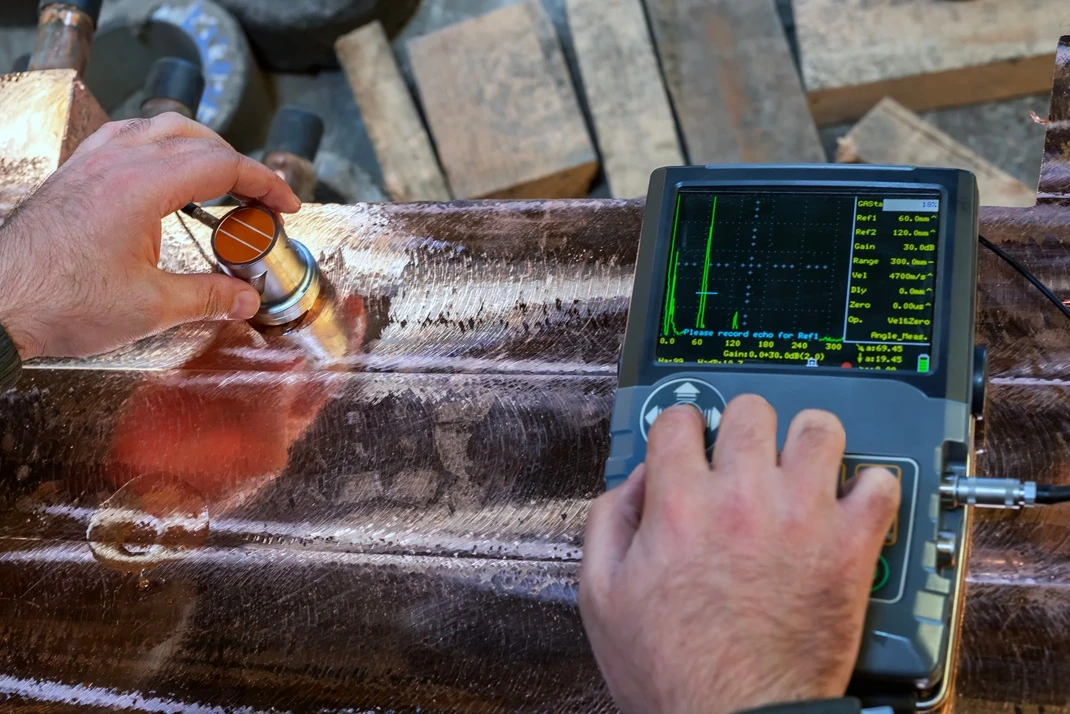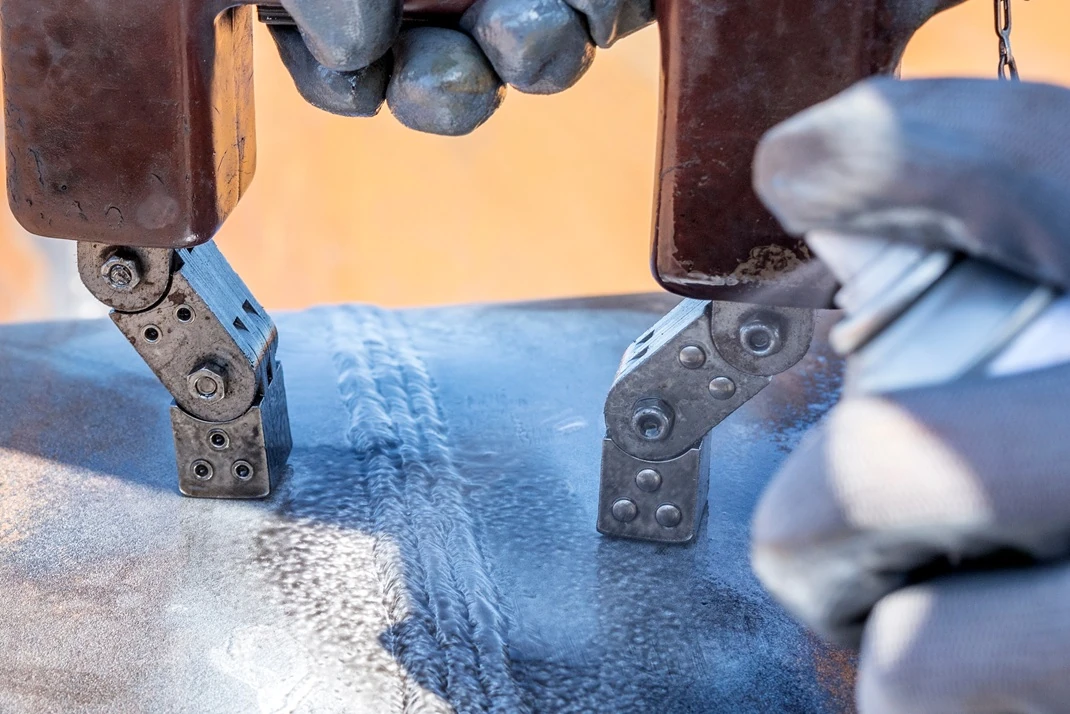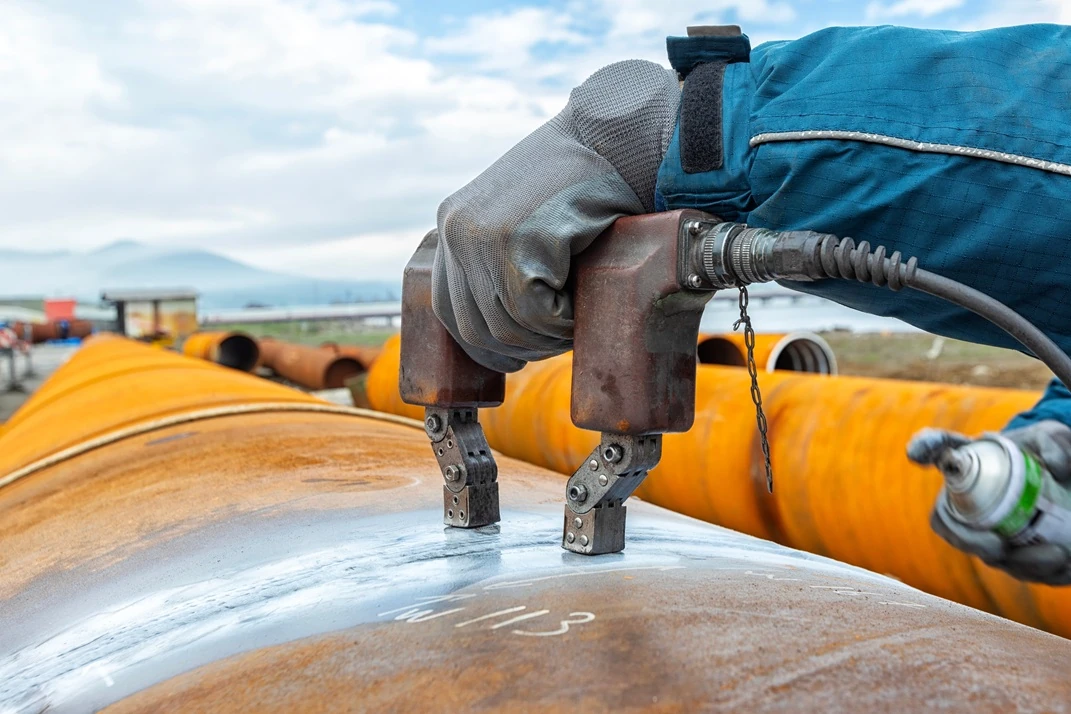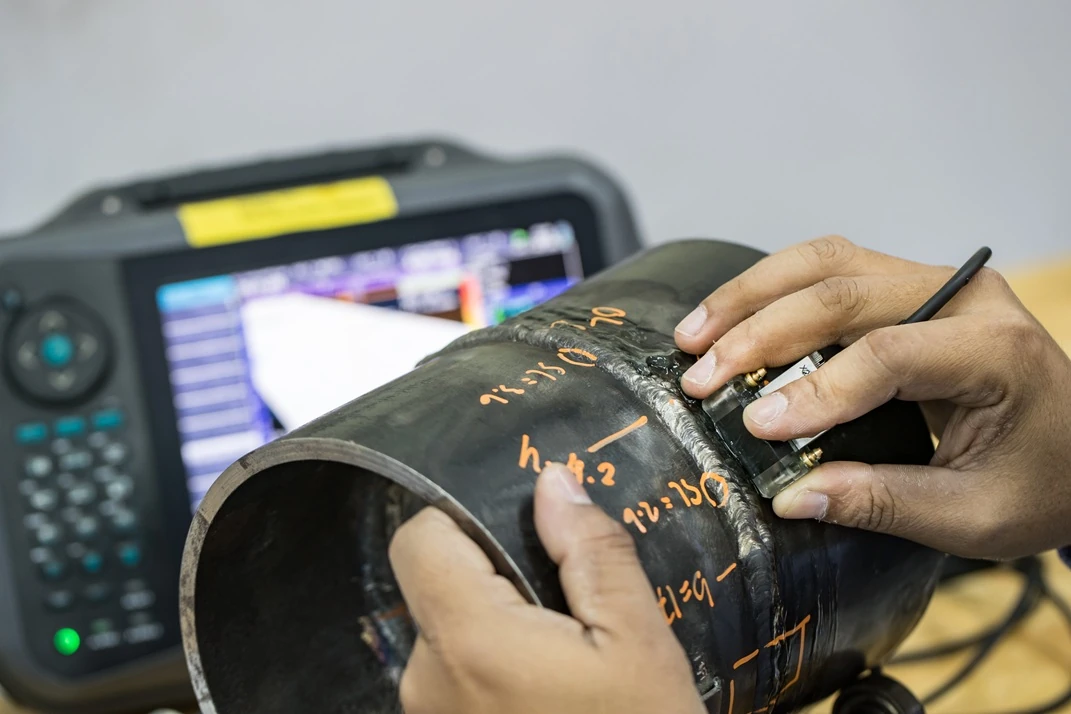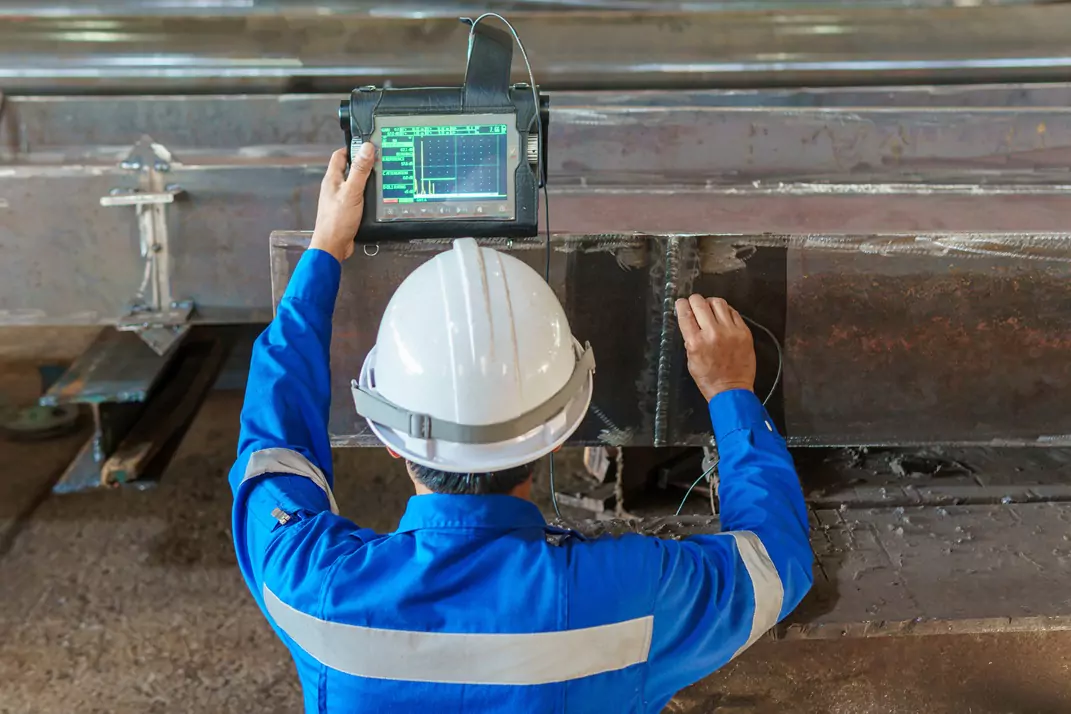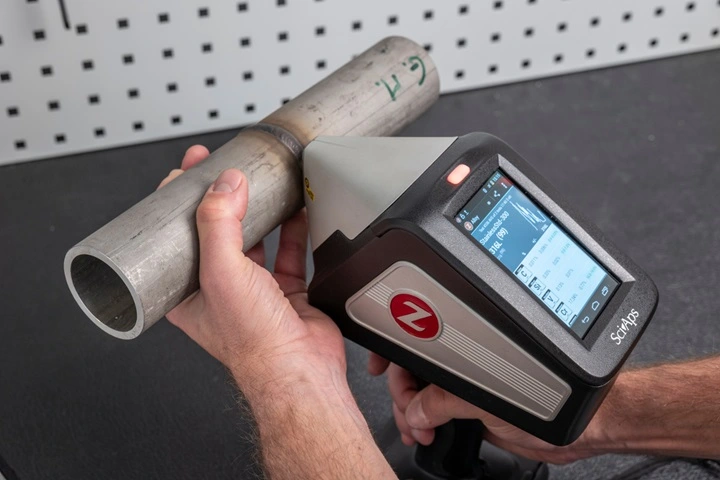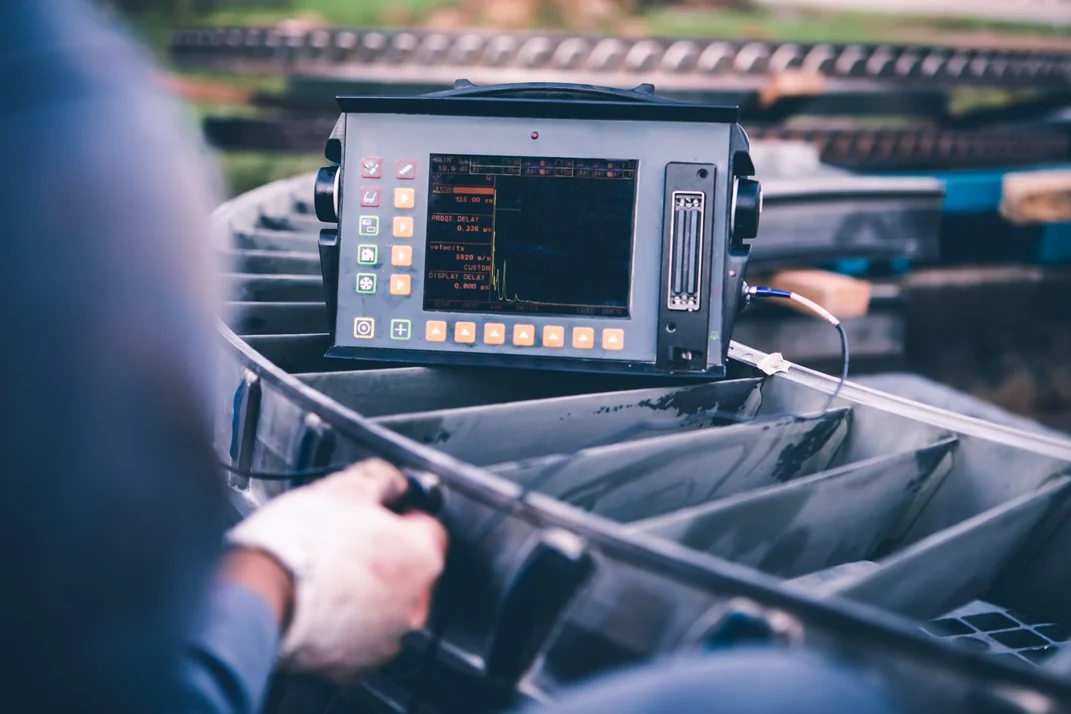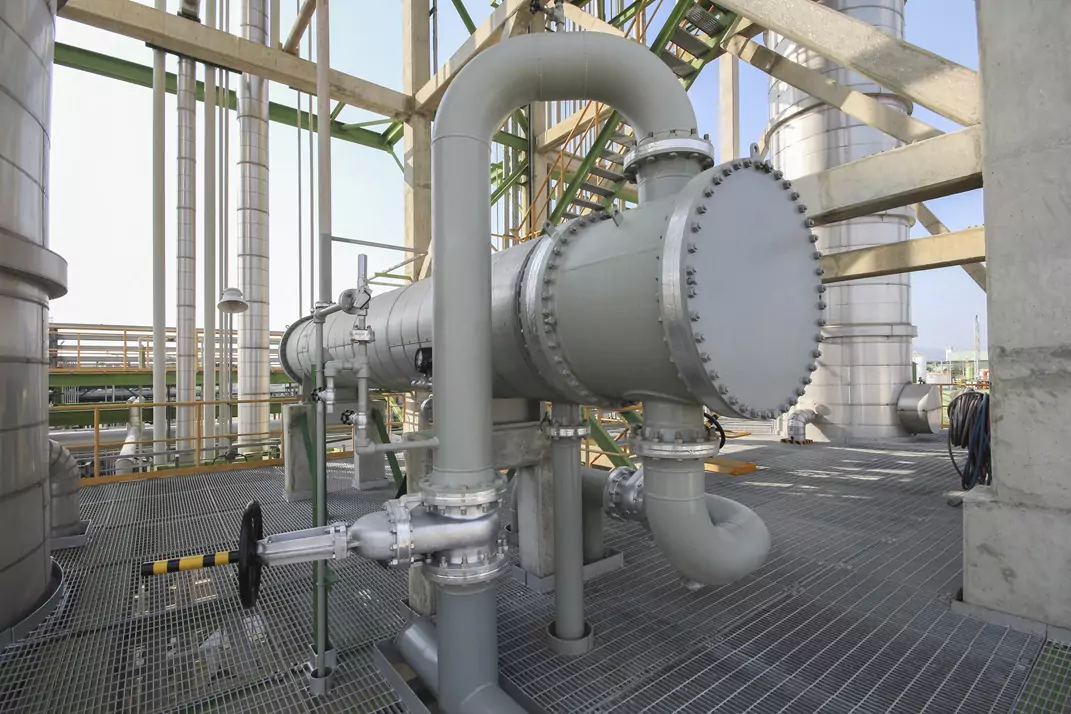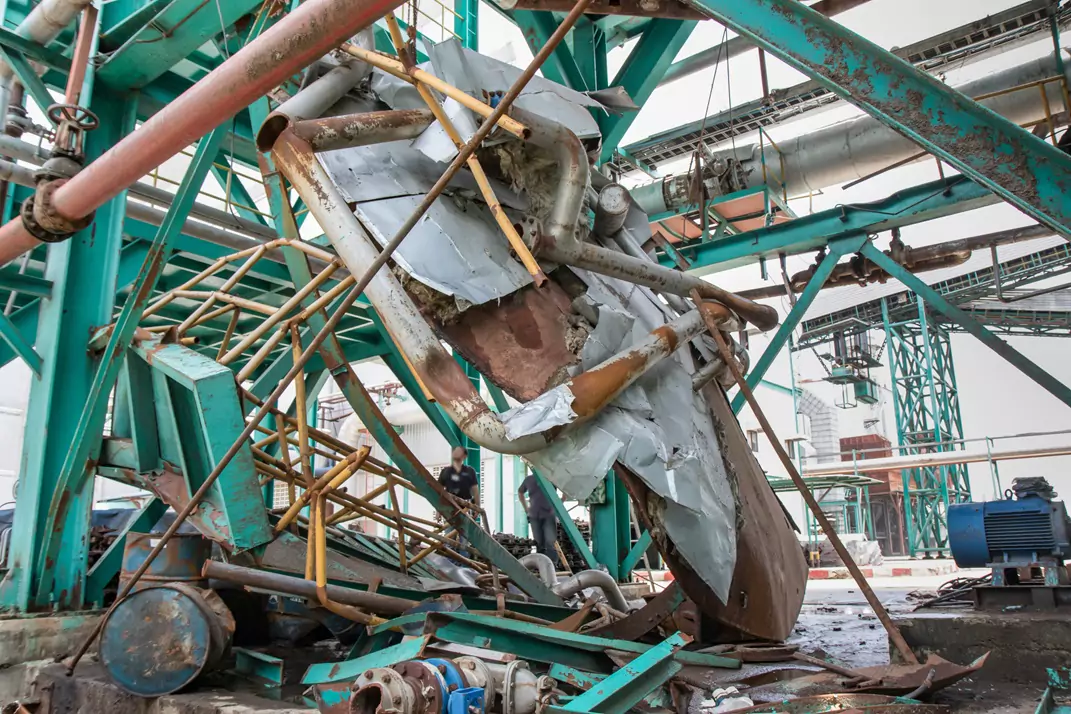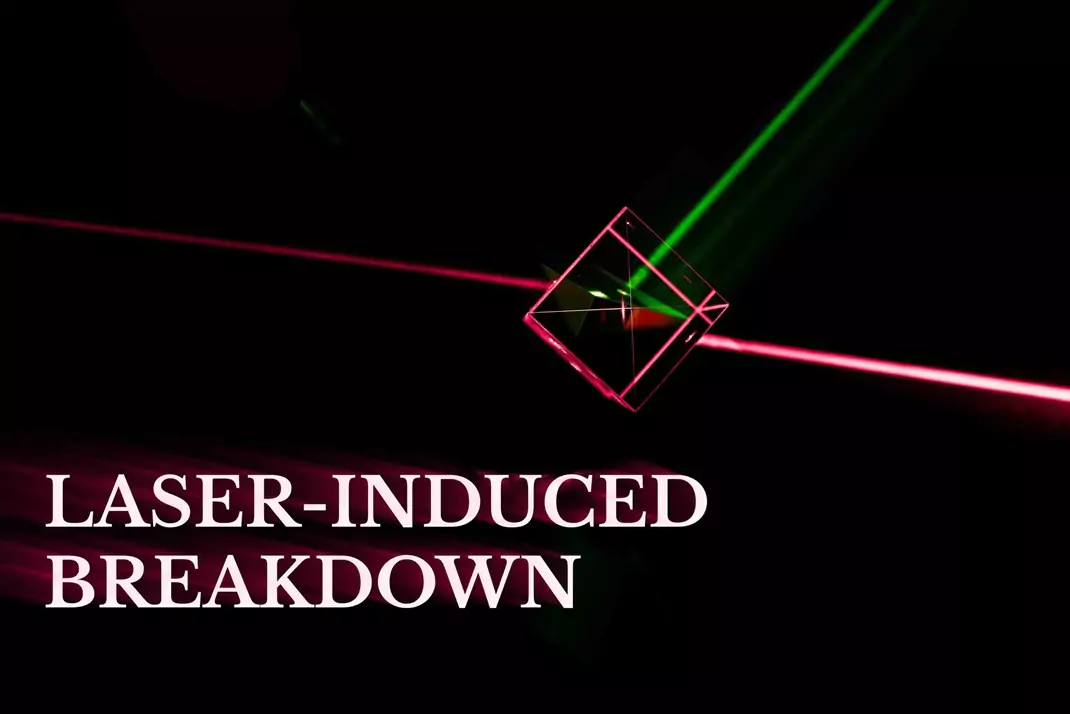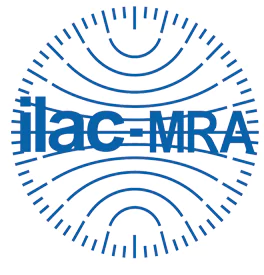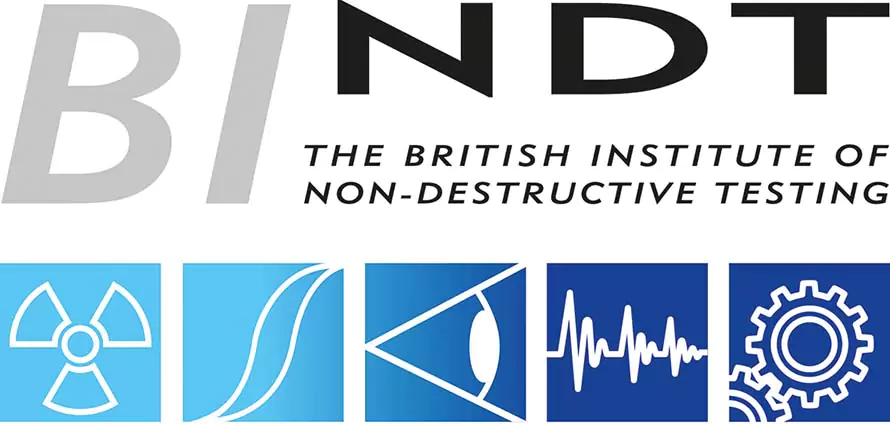
Expert Non-Destructive Testing: Safety, Compliance, and Reliable Inspections
Comprehensive Certification, Advanced Techniques, and Reliable Inspections Across Australia
About Contact UsNDT Industry Standards: Ensuring Compliance in Non-Destructive Testing in Australia
Non-Destructive Testing (NDT) also known as Non-Destructive Inspection (NDI) is a key process that checks materials and structures without causing any damage. In Australia, NDT industry standards guide companies in keeping their testing safe, accurate, and fully compliant. This blog post explains non destructive testing standards, NDT standards, ISO 17025 certification, compliance testing, and industry standards for non destructive testing. We use clear, short paragraphs, bullet points, and examples—while linking to our internal services—to show how every part of the process adds value.
For quick insights on the subject, please see our previous blog article: What is Non-Destructive Testing?
Understanding Non Destructive Testing Standards
Non destructive testing standards are the documented guidelines that specify how each test must be performed safely and accurately. In Australia, these standards form the backbone of compliance and quality assurance in heavy industry. They also serve as the common language among technicians, engineers, and inspection professionals.
- They provide step-by-step procedures for testing.
- They reduce errors and promote consistency.
- They enable international trade by setting global benchmarks.
Synonyms like NDT codes and test protocols help explain these standards further. For example, conducting a proper Visual Inspection is governed by strict NDT standards. Visual inspections are often the first step in detecting surface defects before more advanced tests are conducted.
Additionally, if you require detailed checks on structures like pressure vessels, our Pressure Vessel Inspection service uses industry-standard protocols to verify safety and compliance. For material verification, our Positive Material Identification service utilises LIBS and XRF analyzers to ensure that every component meets strict standards.
For more detailed definitions on non destructive testing standards, visit: iso.org.
The Role of ISO 17025 Certification in NDT Compliance
ISO 17025 certification is a vital international standard that ensures testing laboratories can generate reliable, reproducible, and competent results. In Australia, obtaining ISO 17025 certification demonstrates full compliance with global quality benchmarks and domestic regulations.
- Validation of laboratory competence.
- Increased customer trust through proof of rigorous testing protocols.
- Improved market access both within Australia and internationally.
This certification mandates strict controls over equipment calibration, staff training, and record keeping. For laboratories that routinely use ultrasonic methods, our Ultrasonic Inspection service is performed to meet ISO 17025 standards.
In an Australian context, many labs in mining, aerospace, and manufacturing pursue ISO 17025 to meet guidelines set by bodies like the Civil Aviation Safety Authority. This global recognition supports domestic operations and builds international credibility.
For further information on ISO 17025, visit: ISO 17025 Standard.
Compliance Testing in Non Destructive Testing
Compliance testing verifies that both processes and equipment meet specific industry laws and standards. In NDT, this means that every test—from visual to radiographic—is performed with adherence to defined NDT standards and Australian regulations.
- Verification of methods against established industry benchmarks.
- Routine calibration and upkeep of testing instruments.
- Detailed documentation and record keeping to support audit trails.
Compliance testing reduces risk, prevents potential accidents, and supports consistent quality in industrial inspections. For instance, when inspecting storage tanks, our Storage Tank Inspection service uses regular compliance checks to adhere to API 653 and 650 standards.
Australian firms must adhere to these guidelines to maintain credibility and reduce liability. The process involves accountability and traceability, along with regular internal audits and clear documentation.
For further discussion on compliance testing, refer to: NDT Net.
Industry Standards for Non Destructive Testing
Industry standards for non destructive testing detail the agreed methods and practices among experts. These cover everything from equipment setup to report interpretation and corrective measures. In Australia, adhering to these standards means the difference between reliability and failure.
- Step-by-step procedures for each test type.
- Expert consensus on interpretation to support consistent results.
- Regular calibration and quality checks on instruments.
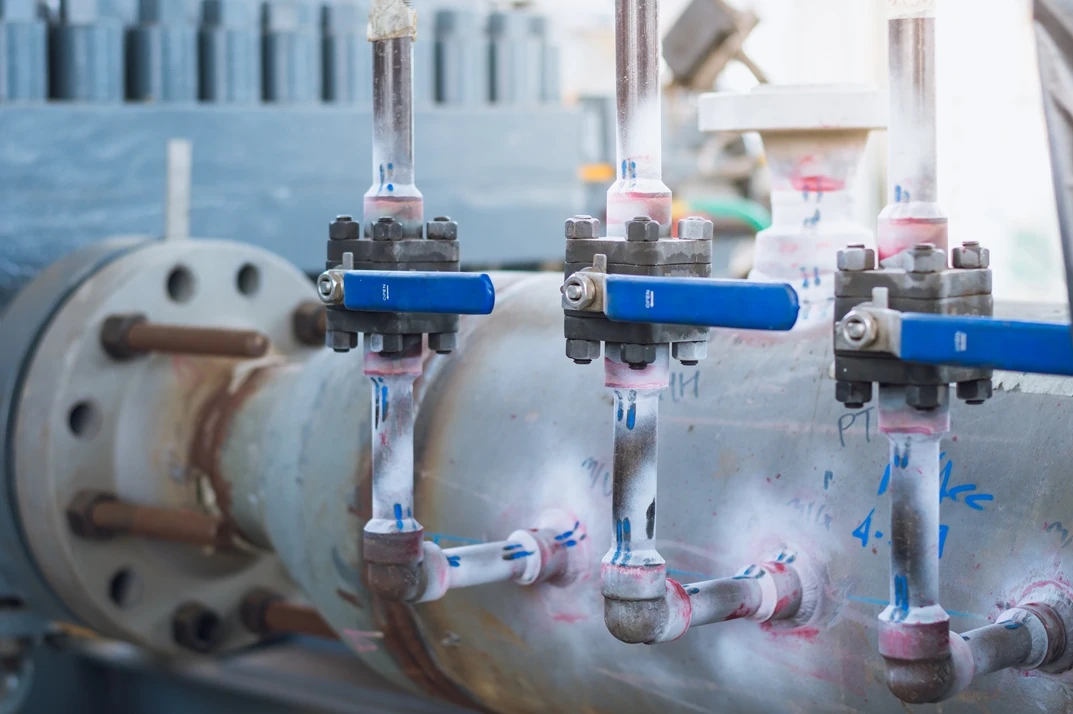
Examples in the field include: Magnetic Particle Inspection to detect surface cracks through particle accumulation and Dye/Liquid Penetrant Inspection for spotting hairline surface defects by employing color contrast.
In Australia, industry standards ensure that companies performing NDT are aligned with both local and international practices. This alignment simplifies training, reduces errors, and improves overall safety and quality.
For a comprehensive list of NDT standards, see: ASNT.
NDT Standards and Their Impact on Safety and Quality - An Australian Case Study
Across Australia, non destructive testing standards are crucial in ensuring both safety and quality. By adhering to rigid standards, companies in heavy industries like mining, hydrogen plants, aerospace, and manufacturing can prevent failures that could have severe consequences.
Consider a mining operation: Regular ultrasonic tests are performed to inspect welds and pressure vessels using techniques aligned with ISO 17025 standards. Magnetic Particle Inspection is used on steel structures to detect micro-cracks. Compliance testing is continuously carried out so that processes meet both local and international guidelines.
Additional benefits include:
- Increased operational safety and reduced downtime.
- Lower maintenance costs with early issue detection.
- Enhanced reputation in both local and global markets.
Real-life examples show that Australian companies following strict NDT standards reduce accidents significantly while ensuring that inspections are thorough and compliant. Investments in regular training and detailed record keeping make these benefits clear.
For further reading on Australian NDT practices, check: ISO and NDT Forum.
The Benefits of Compliance and Certification in NDT
Investment in NDT industry standards and certifications—especially ISO 17025—brings numerous benefits. Achieving these benchmarks is not just about legal compliance; it also builds trust and improves overall quality.
- Quality Assurance: Strict certification ensures each test's validity and accuracy.
- Cost Efficiency: Early error detection helps avoid expensive repairs and downtime.
- Regulatory Assurance: Following industry standards prevents costly legal and financial penalties.
- International Acceptance: ISO 17025 certification supports global trade and builds market confidence.
In Australia, obtaining certification is a business imperative that can facilitate smoother market entry and lead to increased customer satisfaction. Our comprehensive suite of services demonstrates these benefits in action. For example, our Eddy Current Inspection service delivers quick, reliable results while meeting tough standards.
For more details on regulatory benefits, visit: UKAS and ASNT.
How NDT Standards Ensure Safety and Reliability in Australia
Australia’s high standards in NDT are part of what makes its industrial sectors so safe and reliable. Adherence to these standards means that even in harsh environments like mining or oil and gas, operations are maintained with rigorous quality checks.
- Standardized testing procedures that reduce human error.
- Regular internal and external audits verifying conformity.
- Detailed documentation that traces every test and calibration.
- Technical training based on industry best practices.
For instance, when assessing the integrity of pressure vessels, our Pressure Vessel Inspection service ensures that every component is tested rigorously. Similarly, safety-critical testing like Hydrostatic Testing is employed to verify that pressure systems meet the highest standards.
These measures help keep workers and the public safe while also ensuring that companies avoid costly downtime and legal consequences.
For further safety insights, visit: ASTM and ASME.
Practical Steps for Achieving Compliance in NDT
Achieving compliance with NDT industry standards is a systematic process that involves several practical steps. Australian companies can use these steps to streamline their operations and enhance safety.
- Employee Training and Certification:
- Ensure all technical staff are up to date with NDT standards.
- Regularly update training programs to include new methods and technologies.
- For example, staff training in Welding Procedure & Qualification ensures that weld inspections meet rigorous standards.
- Equipment Calibration and Maintenance:
- Schedule regular calibration for all testing equipment, ensuring tools perform reliably.
- Maintain documented records to support audit and compliance reviews.
- Our Ultrasonic Inspection equipment is calibrated according to strict standards.
- Robust Documentation and Record Keeping:
- Document all test methods, results, and corrective actions in standardized templates.
- Digital record keeping simplifies the audit process and supports traceability.
- Internal Audits and Regular Reviews:
- Conduct internal audits frequently to ensure adherence to defined protocols.
- Use checklists based on standards such as ISO 17025 to assess performance.
By following these steps, companies build a culture of compliance which reduces risks, builds trust with clients, and enhances overall operational efficiency.
Future Directions in NDT Compliance and Regulation
As technology advances, NDT compliance and regulation will continue evolving worldwide and in Australia. Future changes are driven by technological enhancements and increasing demands from regulators.
- Enhanced Automation and Digital Tools:
- Robotic process automation, AI, and cloud-based systems for faster, more accurate detection.
- For instance, our Drone Inspection services utilize the latest technology to gather test data remotely.
- Improved Instruments and Techniques:
- New instruments offer higher resolution and sensitivity, helping catch defects earlier.
- Integration of machine learning tools will further refine data interpretation.
- Stricter Regulatory Requirements:
- Regulations may tighten as safety standards evolve, leading to even more detailed compliance testing.
- Australian regulatory bodies are expected to enforce increasingly rigorous standards to ensure the highest safety levels.
- Increased Industry Collaboration:
- Industries such as mining, aerospace, and oil & gas in Australia will become more interlinked, sharing best practices and resources.
- Joint training initiatives and certification programs will foster a more unified approach to NDT compliance.
As Australia and the world move toward greater digital integration and stricter controls, the importance of staying agile and continuously updating internal processes cannot be overstated.
Conclusion
Adherence to NDT industry standards is essential for maintaining safety, reliability, and compliance in Australia's industrial landscape. The implementation of rigorous non destructive testing practices safeguards not only the integrity of assets but also the welfare of workers and the public.
By pursuing ISO 17025 certification and following established compliance testing protocols, companies can ensure their operations meet both local and international standards. This commitment to quality helps build trust with clients and enhances reputation within the marketplace.
Encouraging a culture of safety and continuous improvement is critical; regular training of personnel, thorough documentation and audits, and the integration of advanced technologies such as Thermography and Drone Inspections should be prioritised.
As Australian industries evolve, the role of non destructive testing will remain pivotal in enhancing operational efficiency and safety. Invest today in the right NDT services to protect your assets and maintain peak operational performance.
Comprehensive NDT Solutions: The APEC Inspect Advantage
APEC Inspect offers a complete range of NDT and inspection services, each complementing the others to provide comprehensive asset integrity solutions. Our Newcastle-based team brings decades of combined experience across all major industries in New South Wales and beyond.
Why Choose APEC Inspect?
- Comprehensive Expertise: From basic visual inspection to advanced PAUT , we offer the full spectrum of NDT services.
- Australian Standards: All our work complies with relevant Australian standards and international codes.
- Certified Personnel: Our team maintains current certification across all inspection methods.
- Modern Equipment: We continuously invest in the latest NDT technology.
- Customer Focus: We understand that each client's needs are unique and tailor our services accordingly.
Industry Coverage
We serve multiple sectors including:
- Mining and Resources
- Manufacturing
- Hydrogen Plants
- Power Generation
- Oil and Gas
- Marine
- Construction
- Infrastructure
Contact Us
For more information about any of our services or to discuss your specific inspection needs, contact our Newcastle office . Our technical team is ready to develop a comprehensive inspection program tailored to your requirements.
Recent Posts
APEC Inspection
The APEC Inspection Team are experienced in providing a wide range NATA Accredited third-party Inspection services. We have worked on national and international projects, from offshore oil and gas drilling rigs, to underground coal mines. We pride ourselves on providing quality pressure vessel inspections and non-destructive testing (NDT).
© apecinspect.com.au. All Rights Reserved. Designed by Peritus Digital
